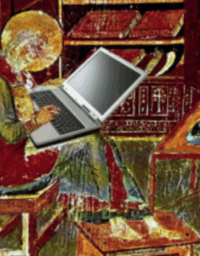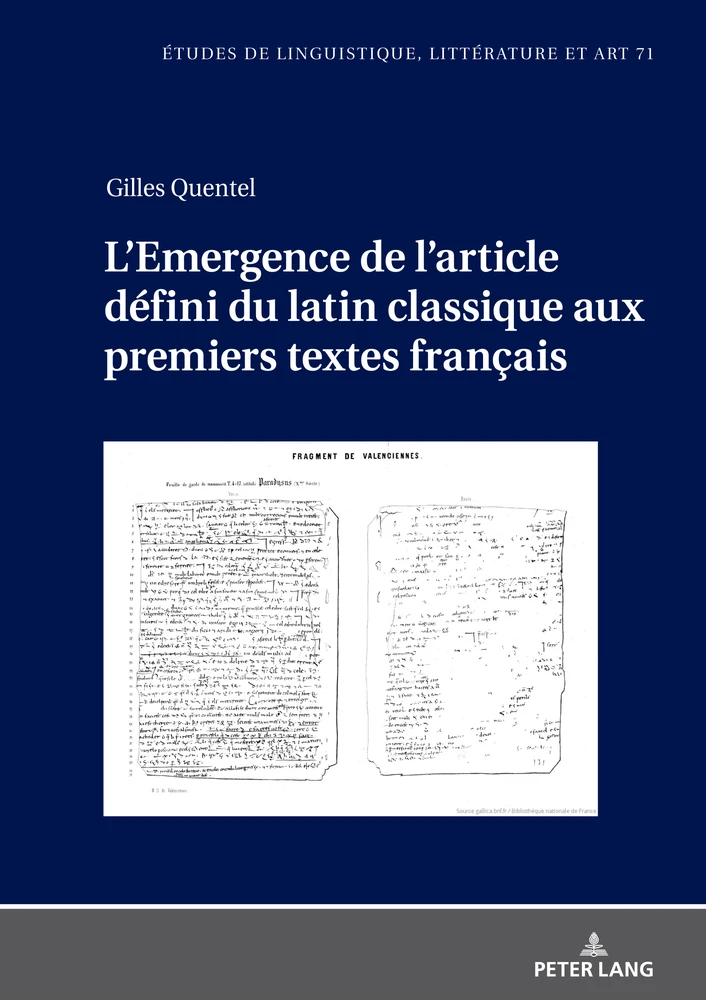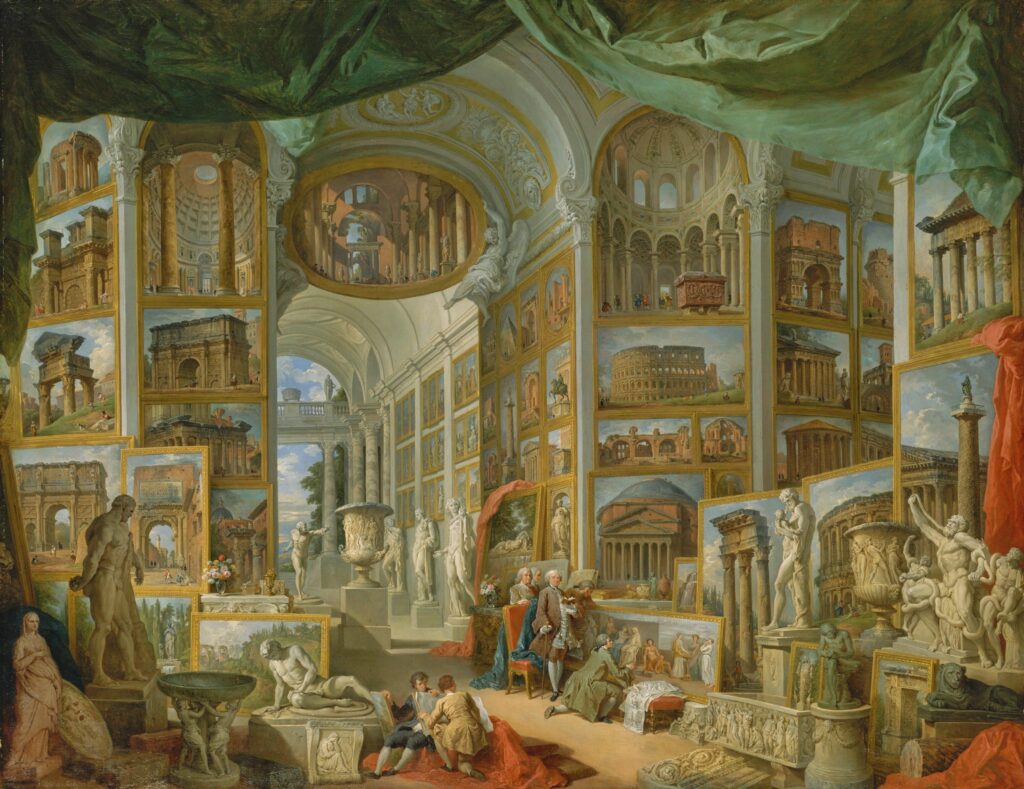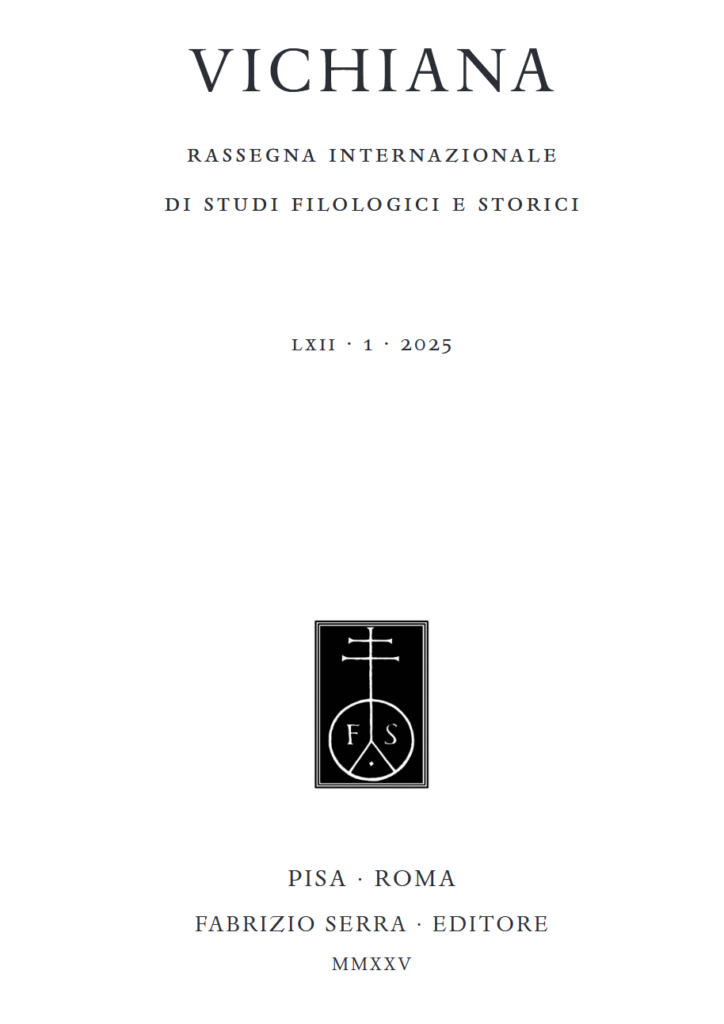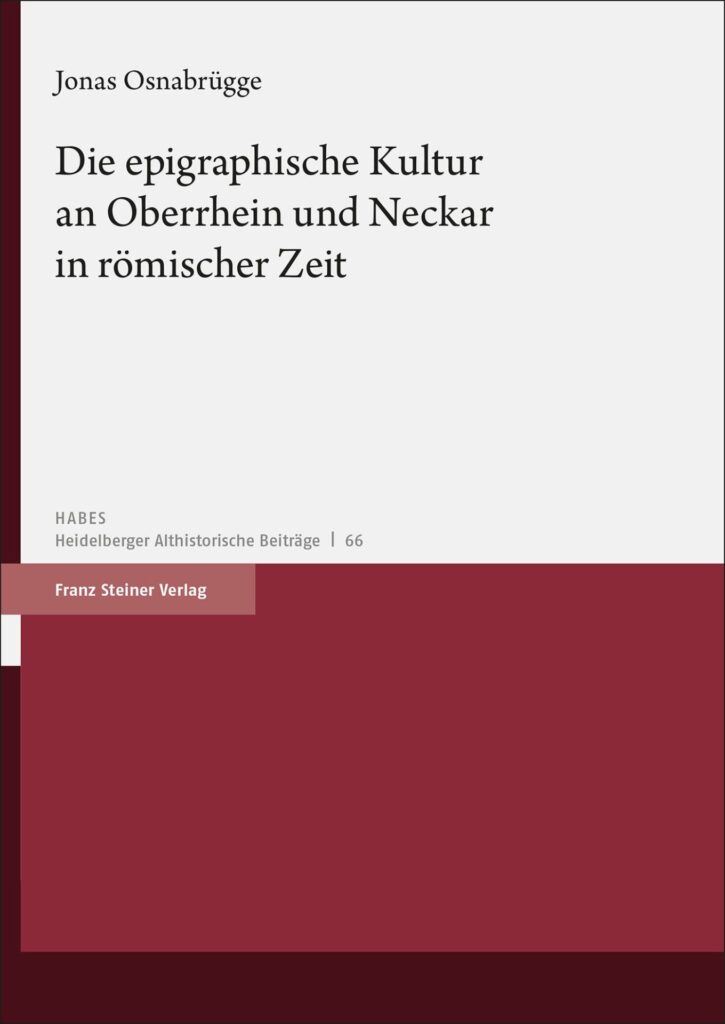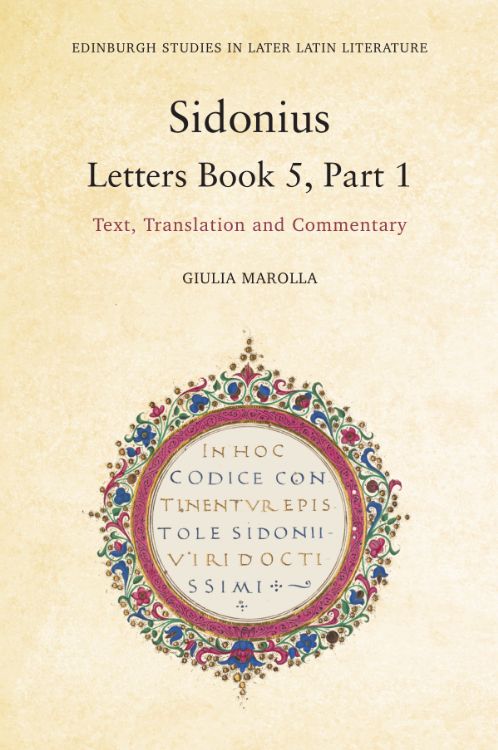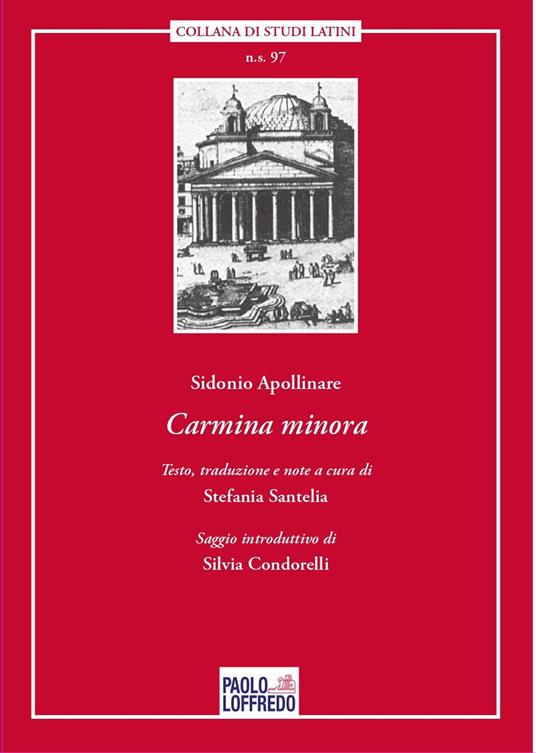Eleonora Recupero Porcino (Università Ca’ Foscari Venezia) will speak on ‘L’epistolario di Sidonio Apollinare dagli archivi digitali al portale “Sidoniana”: problemi metodologici e prospettive’.
Date/time: 5 June 11h15
Workshop: Digital Latin II. International Workshop 4-6 June (Univ. Siena and Venice)
Venue: University of Siena
Link Google Meet: meet.google.com/nte-yhjm-hur
Programme: https://pric.unive.it/fileadmin/user_upload/MQDQ/doc/DL_programma_bozza.pdf

